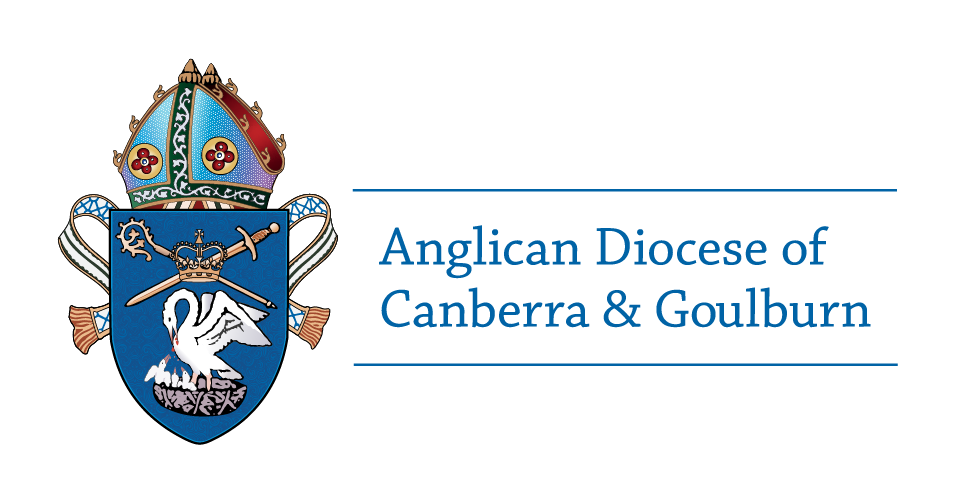 Our media this week has been full of detail about the explosion in Beirut. An estimated 2,750 metric tons of ammonium nitrate, unsafely stored at a warehouse, has been blamed for the explosion. 137 people have been reported dead, more than 5000 injured, hundreds missing, and over 300,000 rendered homeless. (CNN World News, August 6th)
Our media this week has been full of detail about the explosion in Beirut. An estimated 2,750 metric tons of ammonium nitrate, unsafely stored at a warehouse, has been blamed for the explosion. 137 people have been reported dead, more than 5000 injured, hundreds missing, and over 300,000 rendered homeless. (CNN World News, August 6th)
People are fascinated by explosions. They are fascinated by natural disasters. They are fascinated in general, by disaster and carnage in any shape or form. It makes for good ratings and high media sales.
The other side of that coin is that the relentlessness of continual disasters, both man-made and natural, can be debilitating and depressing. People can lose hope. Through this pandemic, we have been alerted to the need to watch out for the possible declining mental health of those around us. Many are struggling.
As Christians, we know that disasters – both man-made and natural – are part of the earthly landscape until Jesus returns. Our call as the people of God is to be light in a dark world; to show love, mercy and compassion to the suffering; to proclaim a message of hope in the bleakness.
There is a sense in which Christians are like midwives (or is it midpersons?). In the same way as a midwife supports a woman as she suffers through the pain of labour, and struggles towards bringing a new life to birth, as she facilitates the baby’s entry into the world, so our task is to come alongside those who are suffering through the pain of a broken world, as it struggles towards the birth of a new heaven and a new earth (Revelation 21:1).
As we share the love of God and the Good News of his kingdom, so we help facilitate the journey towards a new creation – both personally and cosmically.
Let us not lose hope in the face of disaster, but hold fast to the hope which is ours in Christ Jesus.
‘Let us hold unswervingly to the hope we profess, for he who promised is faithful.’ (Hebrews 10:23 NIV)


